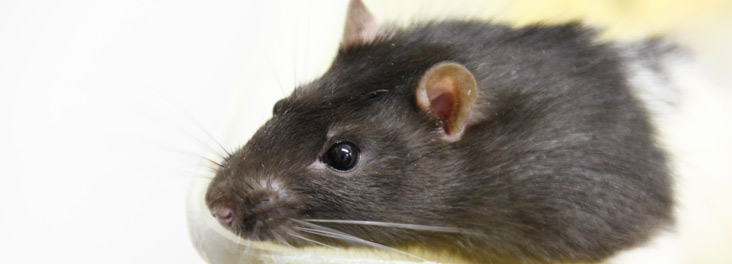Ethics in AWERB – blog
Ethical oversight…? Time to reflect on the meaning of ethical review on research involving animals.

The new UKRIO primer on research involving animals rightly emphasises the need for ‘ethical oversight’ within responsible research conduct, but when, where and how is this done? Are all current research review and decision-making processes really ‘considering ethics’? With the publication of the primer, it is timely to reflect on whether ethical oversight and ethical review really are effectively implemented in practice.
For example, the Animal Welfare and Ethical Review Bodies (AWERBs) required at all UK laboratory animal breeding, supplying and user establishments have a distinct role in the ethical review of research projects and in providing ‘ethical advice’ more generally within an establishment. However, many AWERB members acknowledge that AWERBs do not really address ethical issues. They may effectively implement the Three Rs and optimise animal welfare but, important though these are, neither is synonymous with ‘considering ethics’.
The harm-benefit analysis provides a framework for making ethical decisions about research projects, where a judgement is made on whether the potential benefits would justify the likely harms. But for various reasons AWERBs can be reluctant, or lack the necessary expertise, to question the nature and value of the benefits – especially if funding has already been agreed. It is often assumed that wider ethical issues are addressed by funding bodies, but their reviews do not reflect the local perspectives, culture and expertise that should be applied by the AWERB (perhaps it would be better if AWERBs reviewed project plans before funding is applied for).
Since the ‘E’ in ‘AWERB’ stands for ‘ethics’, AWERBs should go beyond implementing the Three Rs and fully engage with discussions on whether, as well as how, animals should be used. AWERBs are also ideally placed to address many other important ethical issues outside project review, such as the emotional wellbeing of staff who have to kill the animals they care for. But a much more proactive approach to ‘doing ethics’ is needed. Here are some suggestions – does your establishment’s AWERB do all of these?
- Make sure all the AWERB’s tasks are being fulfilled effectively, including the task of providing a forum for ethical discussion and advice to the Establishment Licence Holder
- Include at least one lay, or independent, member on the AWERB
- Have a Chair who is committed to ensuring that everyone can give an honest view, nd be listened to, in meetings
- Consider an ‘ethics champion’ who can identify and raise wider ethical issues, beyond the harm-benefit analysis; both within the AWERB and more widely within the establishment
- Implement ethical review for non-ASPA projects, via the AWERB or another relevant committee
- Ensure that all relevant bodies within the establishment are linked up, e.g. by including someone from Research Governance at AWERB meetings and in other relevant communications and discussions
These actions should ensure more effective ethical review, make a significant contribution to the culture of care at the establishment and enhance corporate social responsibility – all fundamental components of good research practice and integrity.
Penny Hawkins and Maggy Jennings, RSPCA Research Animals Department
science.rspca.org.uk/researchanimals
Further information and guidance:
- Delivering effective ethical review: The AWERB as a ‘forum for discussion’ – com/AWERB/AWERB
- Output of the RSPCA/LASA/LAVA/IAT AWERB-UK meeting on ‘Putting ethics into the AWERB’ – com/AWERB-UK2017
- UKRIO Research Integrity: A primer on research involving animals – https://ukrio.org/wp-content/uploads/UKRIO-Research-Integrity-a-primer-on-research-involving-animals-V1.0-Feb-2019.pdf
